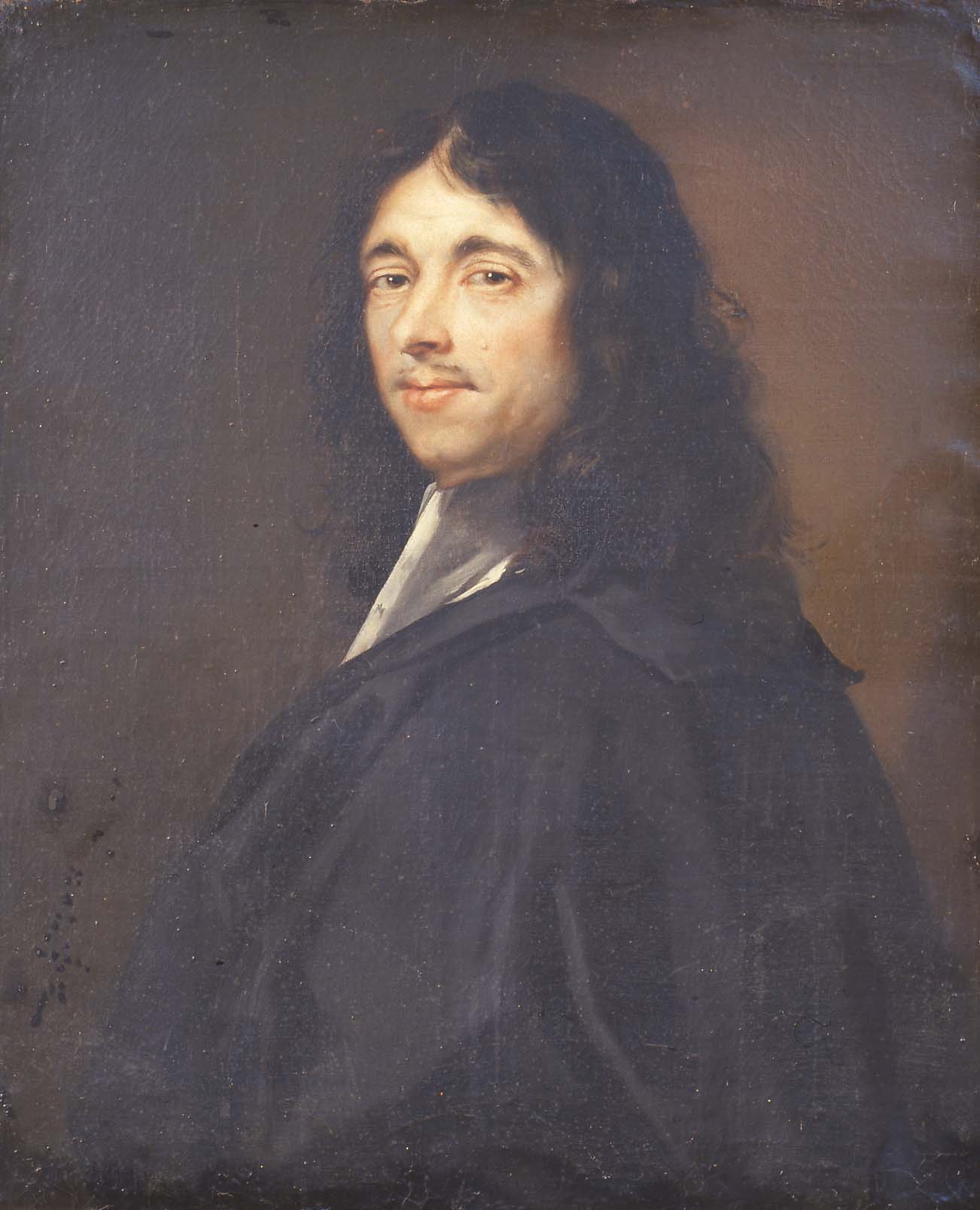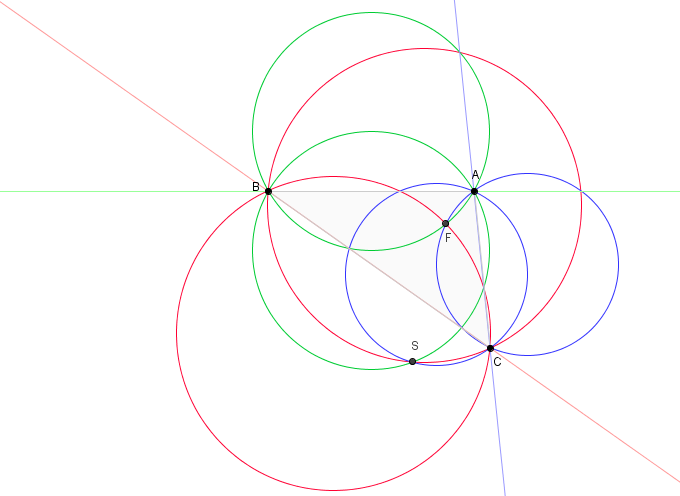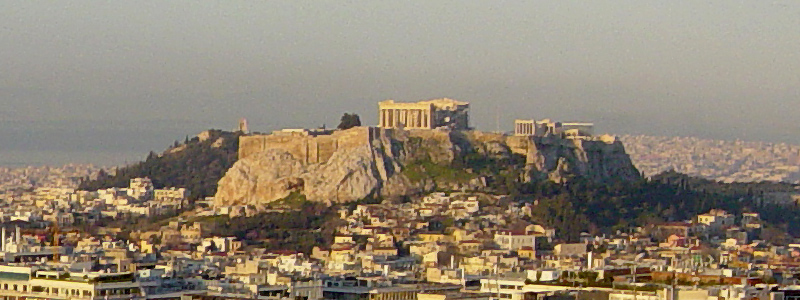|
Alfred Weber
Carl David Alfred Weber (; 30 July 1868 – 2 May 1958) was a German economist, geographer, sociologist, philosopher, and theoretician of culture whose work was influential in the development of modern economic geography. His other work focused on the sociology of knowledge and the role of intellectuals in society. In particular, he introduced the concept of free-floating intelligentsia (''Freischwebende Intelligenz''). Life Alfred Weber, younger brother of the well-known sociologist Max Weber, was born in Erfurt and raised in Charlottenburg. From 1907 to 1933, he was a professor at Heidelberg University. Weber started his career as a lawyer and worked as a sociologist and cultural philosopher. Work Weber supported reintroducing theory and causal models to the field of economics, in addition to using historical analysis. In this field, his achievements involve work on early models of industrial location. He lived during the period when sociology became a separate fiel ... [...More Info...] [...Related Items...] OR: [Wikipedia] [Google] [Baidu] |
Erfurt
Erfurt () is the capital (political), capital and largest city of the Central Germany (cultural area), Central German state of Thuringia, with a population of around 216,000. It lies in the wide valley of the Gera (river), River Gera, in the southern part of the Thuringian Basin, north of the Thuringian Forest, and in the middle of a line of the six largest Thuringian cities ('':de:Thüringer Städtekette, Thüringer Städtekette''), stretching from Eisenach in the west, via Gotha, Erfurt, Weimar and Jena, to Gera in the east. Together with Kassel and Göttingen, it is one of the cities with more than 100,000 inhabitants lying closest to the geographic centre of Germany. Erfurt is south-west of Leipzig, north-east of Frankfurt, south-west of Berlin and north of Munich. Erfurt's old town is one of the best preserved medieval city centres in Germany. The Gera (river), Gera is spanned by the Krämerbrücke, Merchants' Bridge (''Krämerbrücke''), one of the rare bridges with ho ... [...More Info...] [...Related Items...] OR: [Wikipedia] [Google] [Baidu] |
Professor
Professor (commonly abbreviated as Prof.) is an Academy, academic rank at university, universities and other tertiary education, post-secondary education and research institutions in most countries. Literally, ''professor'' derives from Latin as a 'person who professes'. Professors are usually experts in their field and teachers of the highest rank. In most systems of List of academic ranks, academic ranks, "professor" as an unqualified title refers only to the most senior academic position, sometimes informally known as "full professor". In some countries and institutions, the word ''professor'' is also used in titles of lower ranks such as associate professor and assistant professor; this is particularly the case in the United States, where the unqualified word is also used colloquially to refer to associate and assistant professors as well, and often to instructors or lecturers. Professors often conduct original research and commonly teach undergraduate, Postgraduate educa ... [...More Info...] [...Related Items...] OR: [Wikipedia] [Google] [Baidu] |
Luc-Normand Tellier
Luc-Normand Tellier (born October 10, 1944) is a Professor Emeritus in spatial economics of the University of Quebec at Montreal. Education and teaching After teaching for two years (1964–1966) at the Collège Saint-André of Kigali, Rwanda, as a Canadian Peace Corps (CUSO/SUCO) volunteer, Tellier studied both economics and city planning. He obtained a bachelor's degree in Economics (1968) and a master's degree in City planning (1971) from the University of Montreal, as well as a master's degree (1971) and a Ph.D. (1973) in Regional science from the "Ivy League" University of Pennsylvania. Later, he taught urban economics at the "Institut d’urbanisme" of the University of Montreal before founding, in 1976, the Department of Urban Studies and Tourism of the University of Quebec at Montreal. He was chairman of that department for 13 years as well as, from 1981 to 1983, the director of the "Urbanisation" research center of the Institut National de la Recherche Scientifique (I ... [...More Info...] [...Related Items...] OR: [Wikipedia] [Google] [Baidu] |
Pierre De Fermat
Pierre de Fermat (; ; 17 August 1601 – 12 January 1665) was a French mathematician who is given credit for early developments that led to infinitesimal calculus, including his technique of adequality. In particular, he is recognized for his discovery of an original method of finding the greatest and the smallest ordinates of curved lines, which is analogous to that of differential calculus, then unknown, and his research into number theory. He made notable contributions to analytic geometry, probability, and optics. He is best known for his Fermat's principle for light propagation and his Fermat's Last Theorem in number theory, which he described in a note at the margin of a copy of Diophantus' ''Arithmetica''. He was also a lawyer at the ''parlement'' of Toulouse, France. Biography Fermat was born in 1601 in Beaumont-de-Lomagne, France—the late 15th-century mansion where Fermat was born is now a museum. He was from Gascony, where his father, Dominique Fermat, was a wealthy ... [...More Info...] [...Related Items...] OR: [Wikipedia] [Google] [Baidu] |
Fermat Point
In Euclidean geometry, the Fermat point of a triangle, also called the Torricelli point or Fermat–Torricelli point, is a point such that the sum of the three distances from each of the three vertices of the triangle to the point is the smallest possible or, equivalently, the geometric median of the three vertices. It is so named because this problem was first raised by Fermat in a private letter to Evangelista Torricelli, who solved it. The Fermat point gives a solution to the geometric median and Steiner tree problems for three points. Construction The Fermat point of a triangle with largest angle at most 120° is simply its first isogonic center or X(13), which is constructed as follows: # Construct an equilateral triangle on each of two arbitrarily chosen sides of the given triangle. # Draw a line from each new vertex to the opposite vertex of the original triangle. # The two lines intersect at the Fermat point. An alternative method is the following: # On each of two ar ... [...More Info...] [...Related Items...] OR: [Wikipedia] [Google] [Baidu] |
Wilhelm Launhardt
Carl Wilhelm Friedrich Launhardt (7 April 1832 – 14 May 1918) was a German mathematician and economist. Launhardt was born in Hannover, the capital of the Kingdom of Hannover. He studied and taught at Hannover's technical school. Following Hannover's annexation by the Kingdom of Prussia The Kingdom of Prussia (, ) was a German state that existed from 1701 to 1918.Marriott, J. A. R., and Charles Grant Robertson. ''The Evolution of Prussia, the Making of an Empire''. Rev. ed. Oxford: Clarendon Press, 1946. It played a signif ..., Launhardt served in the Prussian House of Lords. In 1885 he succeeded in calculating the optimal rate of duties in the sense of the effects of the terms of trade. Works *, 1872 * "Die Bestimmung des Zweckmässigsten Standortes einer Gewerblichen Anlage", ''Zeitschrift des Vereines Deutscher Ingenieure'', 1882. Translated as "Determining the most convenient location for a commercial plant", the magazine of the Association of German Engine ... [...More Info...] [...Related Items...] OR: [Wikipedia] [Google] [Baidu] |
Social Process
Social organisms, including human(s), live collectively in interacting populations. This interaction is considered social whether they are aware of it or not, and whether the exchange is voluntary or not. Etymology The word "social" derives from the Latin word ''socii'' ("allies"). It is particularly derived from the Italian ''Socii'' states, historical allies of the Roman Republic (although they rebelled against Rome in the Social War of 91–87 BC). Social theorists In the view of Karl Marx,Morrison, Ken. ''Marx, Durkheim, Weber. Formations of modern social thought'' human beings are intrinsically, necessarily and by definition social beings who, beyond being "gregarious creatures", cannot survive and meet their needs other than through social co-operation and association. Their social characteristics are therefore to a large extent an objectively given fact, stamped on them from birth and affirmed by socialization processes; and, according to Marx, in producing and reproduci ... [...More Info...] [...Related Items...] OR: [Wikipedia] [Google] [Baidu] |
Civilization
A civilization (also spelled civilisation in British English) is any complex society characterized by the development of state (polity), the state, social stratification, urban area, urbanization, and symbolic systems of communication beyond natural language, signed or spoken languages (namely, writing systems). Civilizations are organized around densely-populated settlements, divided into more or less rigid hierarchy, hierarchical social classes of division of labour, often with a ruling elite and a subordinate urban and rural populations, which engage in intensive agriculture, mining, small-scale manufacture and trade. Civilization concentrates power, extending human control over the rest of nature, including over other human beings. Civilizations are characterized by elaborate agriculture, architecture, infrastructure, Innovation, technological advancement, currency, taxation, regulation, and specialization of labour. Historically, a civilization has often been understo ... [...More Info...] [...Related Items...] OR: [Wikipedia] [Google] [Baidu] |
Western Culture
Western culture, also known as Western civilization, European civilization, Occidental culture, Western society, or simply the West, refers to the Cultural heritage, internally diverse culture of the Western world. The term "Western" encompasses the social norms, ethical values, Tradition, traditional customs, belief systems, political systems, Cultural artifact, artifacts and technology, technologies primarily rooted in History of Europe, European and History of the Mediterranean region, Mediterranean histories. A broad concept, "Western culture" does not relate to a region with fixed members or geographical confines. It generally refers to the classical era cultures of Ancient Greece and Ancient Rome that expanded across the Mediterranean basin and Europe, and later circulated around the world predominantly through colonization and globalization. Historically, scholars have closely associated the idea of Western culture with the classical era of Greco-Roman antiquity. Howeve ... [...More Info...] [...Related Items...] OR: [Wikipedia] [Google] [Baidu] |
Social Change
Social change is the alteration of the social order of a society which may include changes in social institutions, social behaviours or social relations. Sustained at a larger scale, it may lead to social transformation or societal transformation. Definition Social change may not refer to the notion of social progress or sociocultural evolution, the philosophical idea that society moves forward by evolutionary means. It may refer to a paradigmatic change in the socio-economic structure, for instance the transition from feudalism to capitalism, or hypothetical future transition to some form of post-capitalism. Social development is the people that develop social and emotional skills across the lifespan, with particular attention to childhood and adolescence. Healthy social development allows us to form positive relationships with family, friends, teachers, and other people in our lives. Accordingly, it may also refer to social revolution, such as the socialism, Socialist rev ... [...More Info...] [...Related Items...] OR: [Wikipedia] [Google] [Baidu] |
Philosophy Of History
Philosophy of history is the philosophy, philosophical study of history and its academic discipline, discipline. The term was coined by the French philosopher Voltaire. In contemporary philosophy a distinction has developed between the ''speculative'' philosophy of history and the ''critical'' philosophy of history, now referred to as ''analytic''. The split between these approaches may be approximately compared, by analogy and on the strength of regional and academic influences, to the schism in commitments between Analytic philosophy, analytic and continental philosophy wherein the analytic approach is pragmatic and the speculative approach attends more closely to a metaphysics (or anti-metaphysics) of determining forces like language or the phenomenology of perception at the level of background assumptions. At the level of practice, the analytic approach questions the meaning and purpose of the historical process whereas the speculative approach studies the foundations and im ... [...More Info...] [...Related Items...] OR: [Wikipedia] [Google] [Baidu] |
Location Theory
Location theory has become an integral part of economic geography, regional science, and spatial economics. Location theory addresses questions of what economic activities are located where and why. Location theory or microeconomic theory generally assumes that agents act in their own self-interest. Firms thus choose locations that maximize their profits and individuals choose locations that maximize their utility. History Transportation costs While others should get some credit for earlier work (e.g., Richard Cantillon, Etienne Bonnot de Condillac, David Hume, Sir James D. Steuart, and David Ricardo), it was not until the publication of Johann Heinrich von Thünen's first volume of ''Der Isolierte Staat'' in 1826 that location theory can be said to have really gotten underway. Indeed, the prominent regional scientist Walter Isard has called von Thünen "the father of location theorists." In ''Der Isolierte Staat'', von Thünen notes that the costs of transporting goods c ... [...More Info...] [...Related Items...] OR: [Wikipedia] [Google] [Baidu] |






